Giving Cars Some Stick Since the Nineties
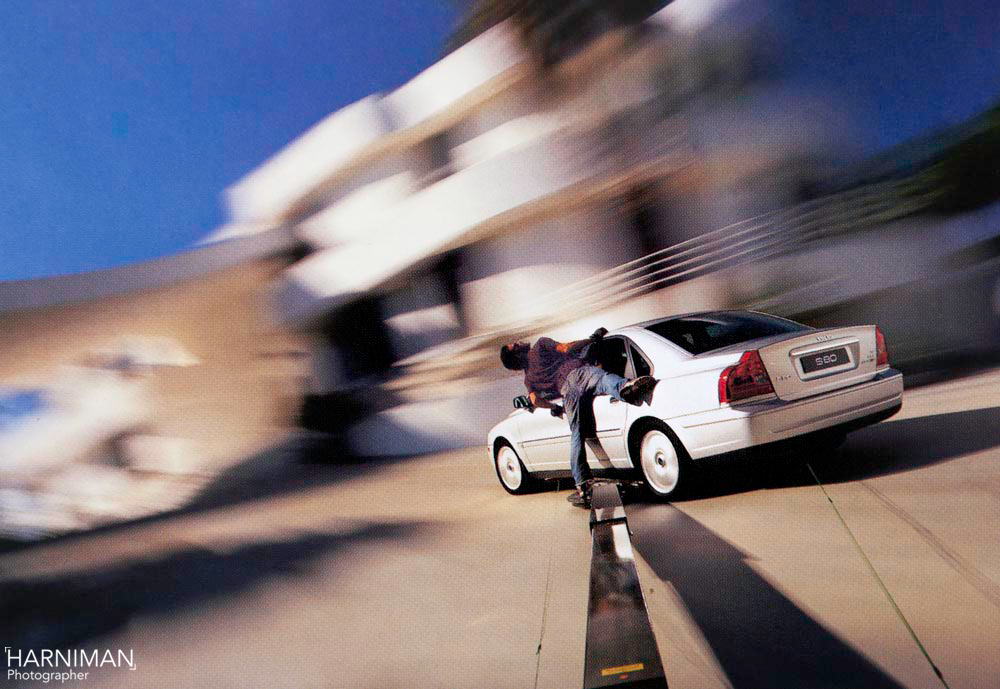
Since the nineties I’ve had one piece of kit that has helped me capture exactly what I need for clients such as Bentley, Peugeot and Subaru. To the passer by this kit looks like an extendable thick stick, something fire-fighters might use to rescue a cat from a tree, but to me, it’s a trusty sword.
You won’t be surprised that these ‘sticks’ (or carbon fibre automotive rigs to be more accurate) can cost tens of thousands of pounds. Though on the outside they look pretty simple and easy to replicate, in reality they keep expensive camera equipment safe and take human error out of creating the perfect motion shot.
Automotive rigs have evolved since the late eighties. Now we can also extend the show with virtual rig / CGI, but without sounding big headed, this only enhances a shot if you have a deep understanding of how a car moves in the real world.
For the images here, we wanted to give clear, sharp, in focus shots of the car with the illusion of speed, so the vehicle moved independently of the background. The rig is our first choice for this. It provides the most organic and realistic motion effect with the added bonus of the effect of light painting – perfect for sheet metal.
Volvo – Lower Grand LA, original capture:

Bentley Continental GT – Valencia, Spain, original capture:

Bentley Continental GT – final image:

Subaru – Sapporo, Japan:

As it cuts out wobble and vibration (unlike a tracking shot), while the car is moved ever so slowly at just centimeters per second, it focuses directly on the car giving a sharp image with an aptly blurred background – in essence mirroring movement how it looks in reality. Exposures can be 8 seconds for one frame, but that’s enough info for now!
See how it’s done here, with me and my carbon fibre rig extending to 25ft! The pictures below show Jaguar XF in Monaco, Lexus IS in South of France and the Volvo in Scotland – my rig travels far and wide!
Jaguar C-XF – Brooklands UK:
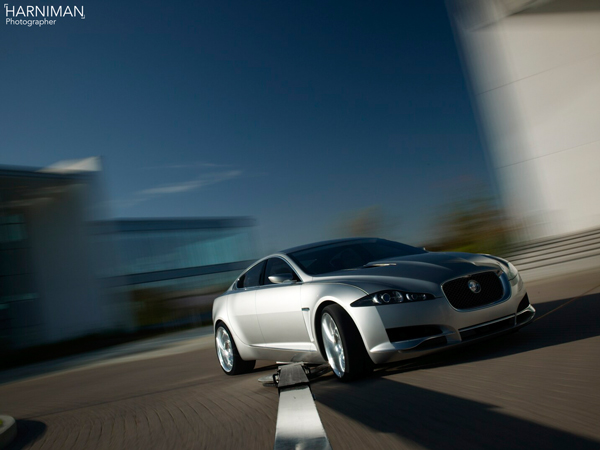
Lexus – Southern France:

Lexus – final image:

Lexus – Provence, France:

Volvo – Scotland:

Jaguar XF – Monte Carlo:

Nice, France:

Volvo – LAX Airport:

Creating Movement the ‘Virtual’ Rig Way
You can create movement after the shoot, whether you use a real or CG car and it can look extremely realistic. ‘Virtual’ rig movement works best with CG cars and HDR domes (see my tutorial on how to create HDRs for CGI – click here)
To do this though; it helps if you have experience of shooting with a rig or of observing the contrast between movement and background on a delayed scale. ‘Virtual’ rig can be very good, but only in the right hands, so we’re letting you in on some post-production secrets and on how to do it well.
Insight to the making of Lamborghini Aventador – this video shows how movement is created in post in the latter part of the film – 2 minutes onwards.
Here are some finished examples of ‘virtual’ rig – Peugeot, and the rest where we used carbon fibre automotive rigs.
Peugeot – computer generated movement:

Opel Astra – French Alps:
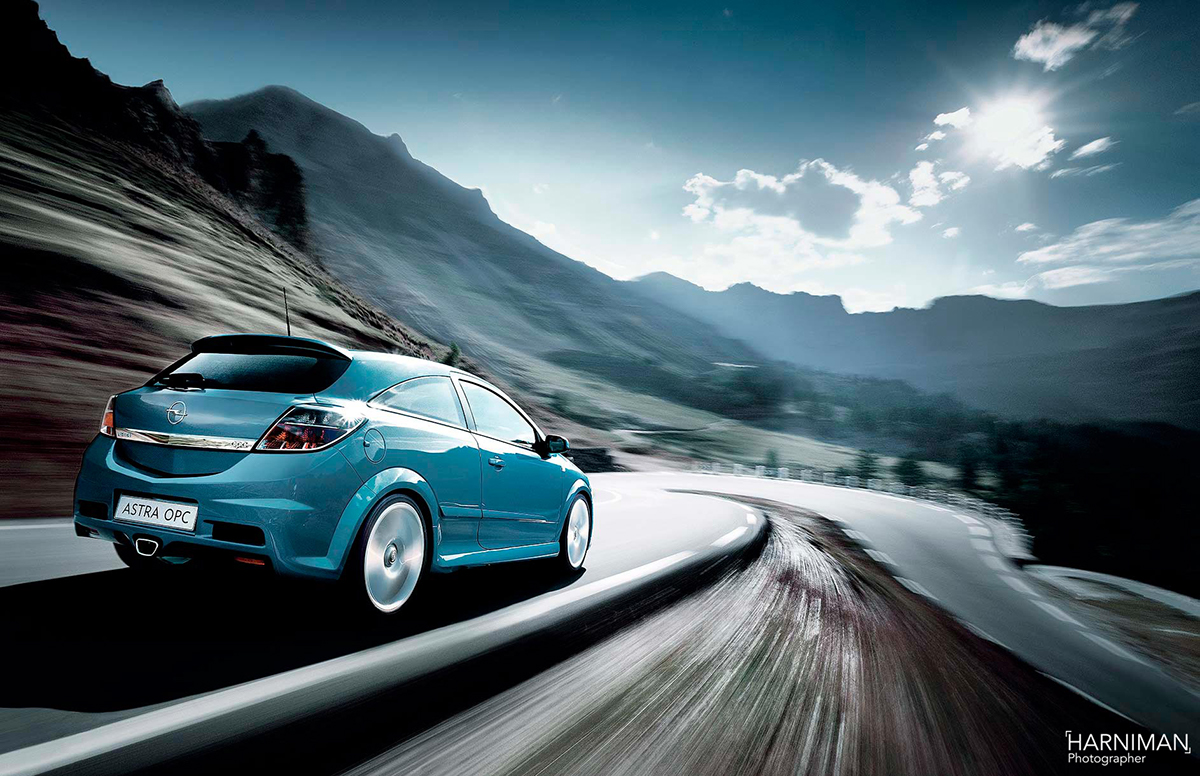
Jaguar C-XF – Brooklands, UK:
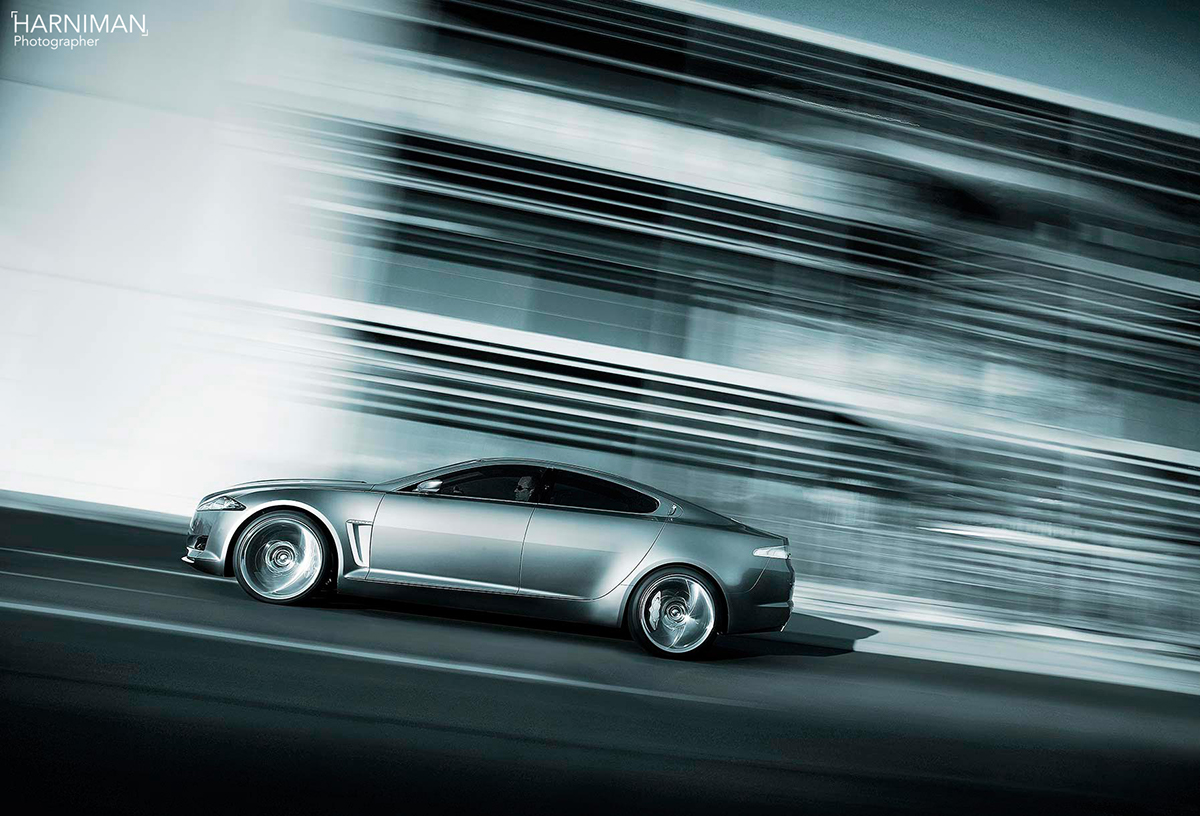
Chrysler C300 – LA:

Volvo Ocean Race – Scotland:

Cadillac STS – LA, LAX 405 tunnel:

Cadillac STS – Mojave Desert:

Bentley Continental launch image:

Bentley Continental GT – Spain:
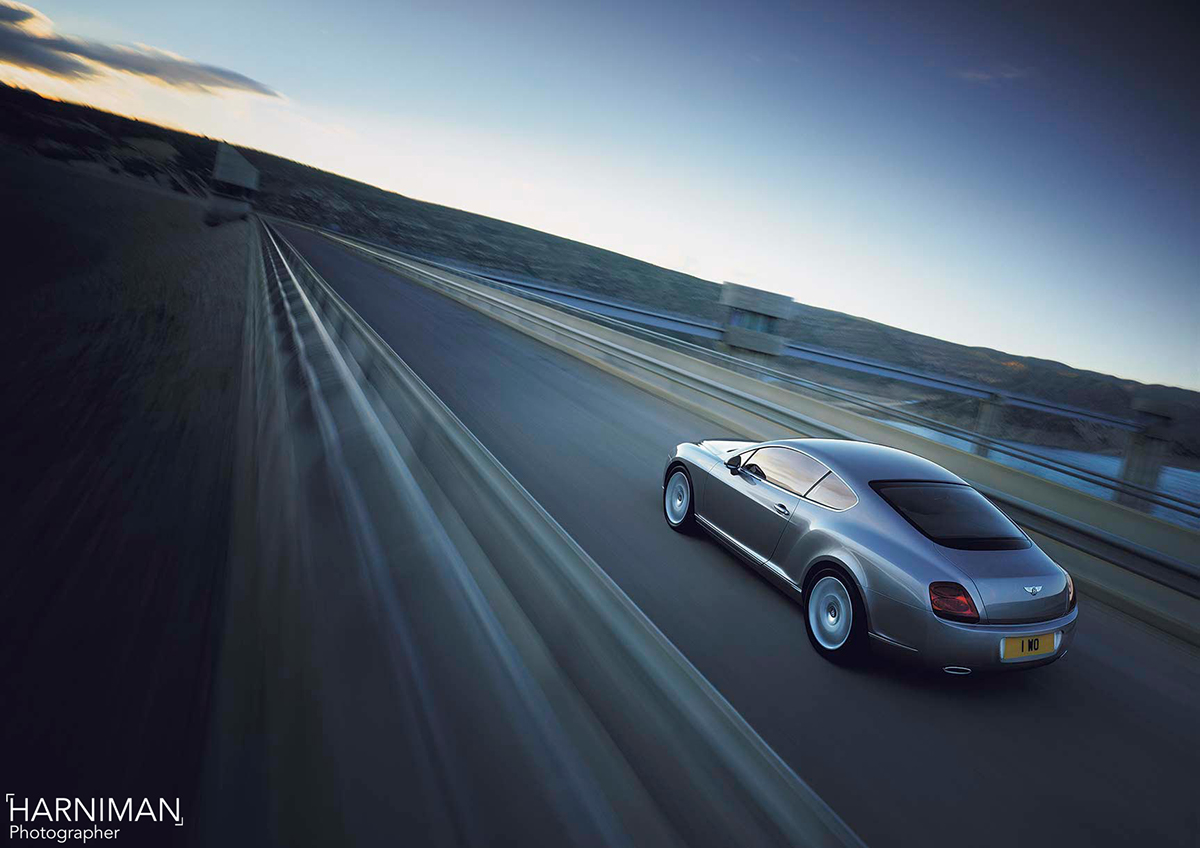
Volvo S60 – California:

Ford Expedition – Colorado:

Volvo – 710 Freeway LA:



